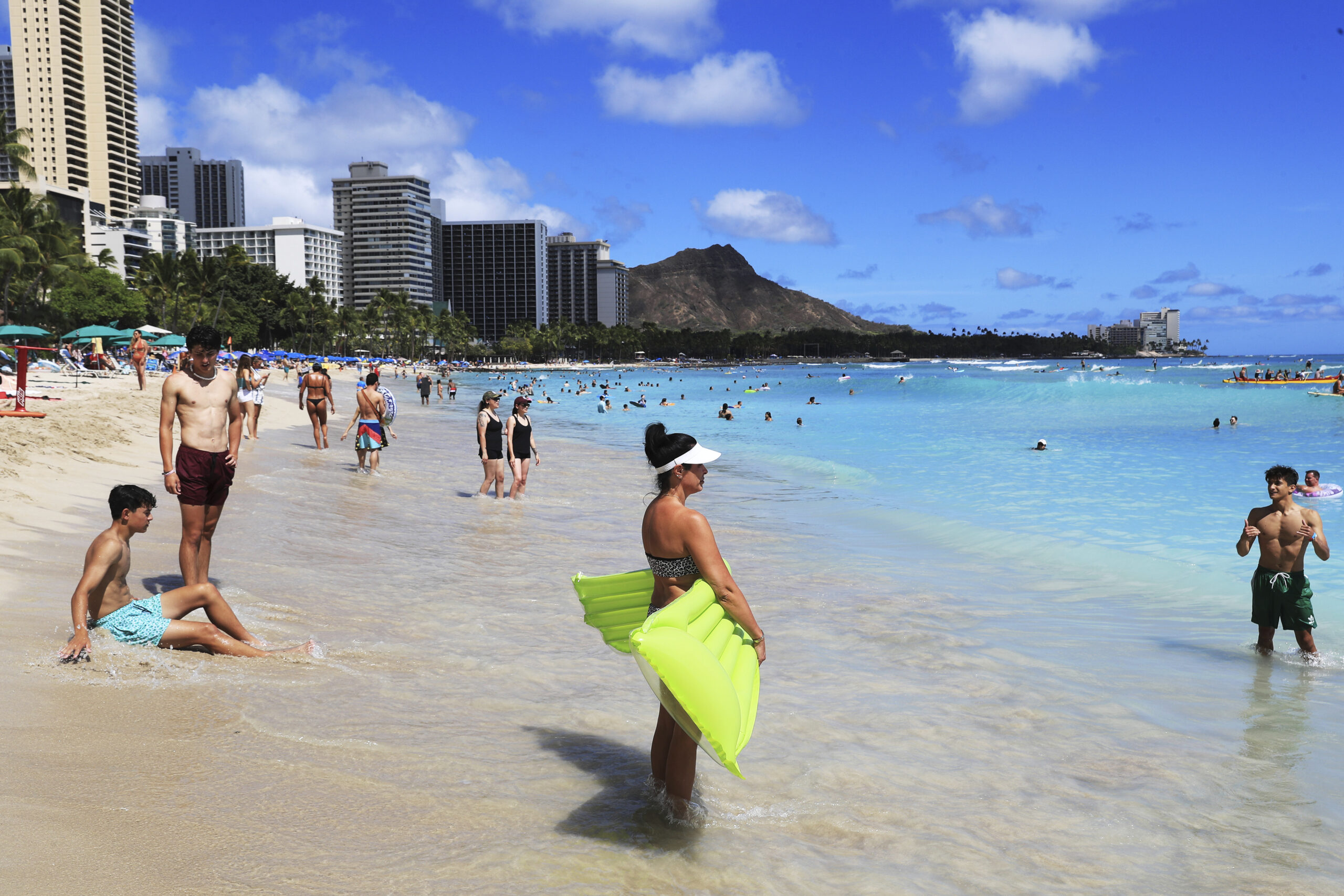Hawaii Supreme Court Declares Second Amendment Infringes on the ‘Spirit of Aloha’

(AP Photo/Marco Garcia)
Hawaii’s Supreme Court refused to follow U.S. Supreme Court precedent on gun rights in an opinion released on Wednesday, declaring that “the spirit of Aloha clashes” with the Second Amendment, which guarantees Americans an individual right to bear arms.
The declaration was made in a decision ruling that a man charged with carrying a firearm without a permit in the state back in 2017 could still be held criminally for that infraction despite a recent Supreme Court decision, New York State Rifle & Pistol Association Inc. v. Bruen, that ruled that New York’s concealed-carry application system was unconstitutional.
Its decision was based on the Court’s interpretation of Article I, Section 17 of Hawaii’s constitution, which “mirrors the Second Amendment of the United States Constitution.”
“We read those words differently than the current United States Supreme Court. We hold that in Hawai’i there is no state constitutional right to carry a firearm in public,” began the Court at the top of its opinion before going on to assert that “the spirit of Aloha clashes with a federally-mandated lifestyle that lets citizens walk around with deadly weapons during day-to-day activities.”
They continued:
The history of the Hawaiian Islands does not include a society where armed people move about the community to possibly combat the deadly aims of others.
The Government’s interest in reducing firearms violence through reasonable weapons regulations has preserved peace and tranquility in Hawai’i. A free-wheeling right to carry guns in public degrades other other constitutional rights.
The right to life, liberty, and the pursuit of happiness, encompasses a right to freely and safely move in peace and tranquility. Laws regulating firearms in public preserve ordered liberty and advance these rights.
There is no individual right to keep and bear arms under Article I, Section 17. So there is no constitutional right to carry a firearm in public for possible self-defense.
It is unclear to what legal principle the Court’s reference to the “spirit of Aloha” appeals to.





Comments
↓ Scroll down for comments ↓